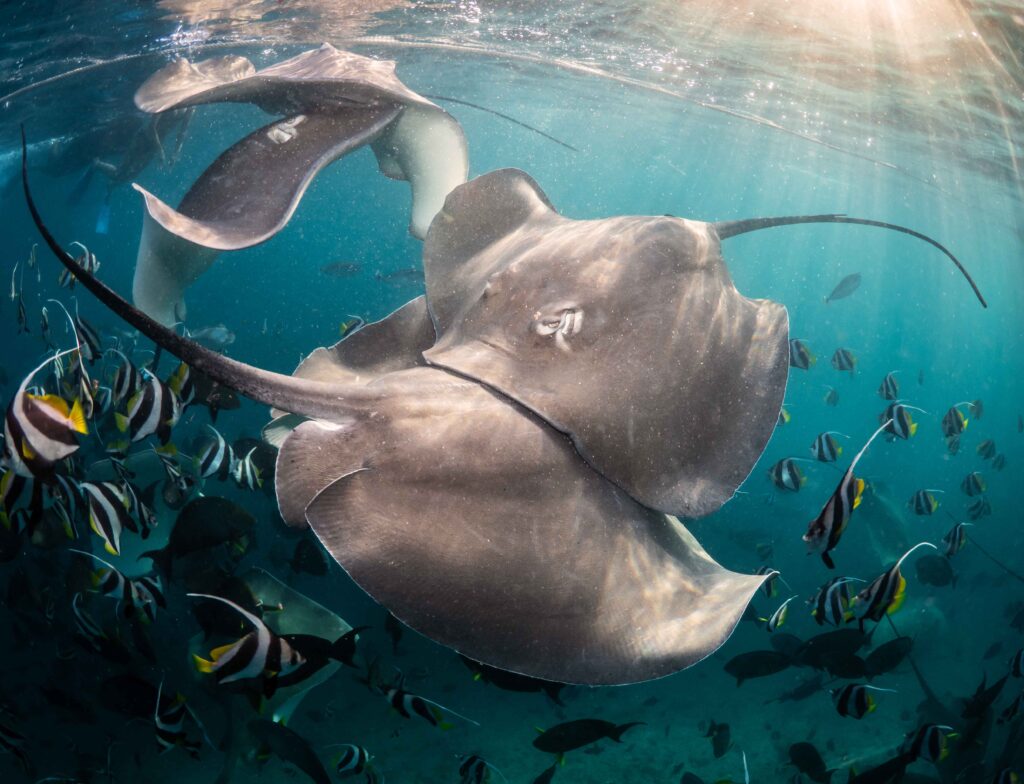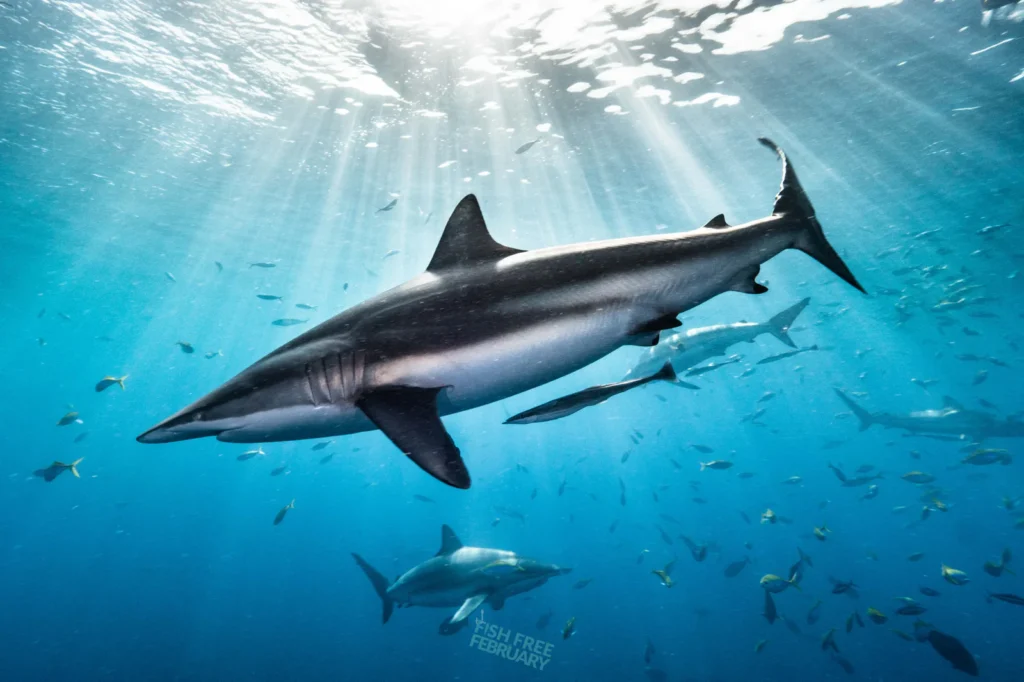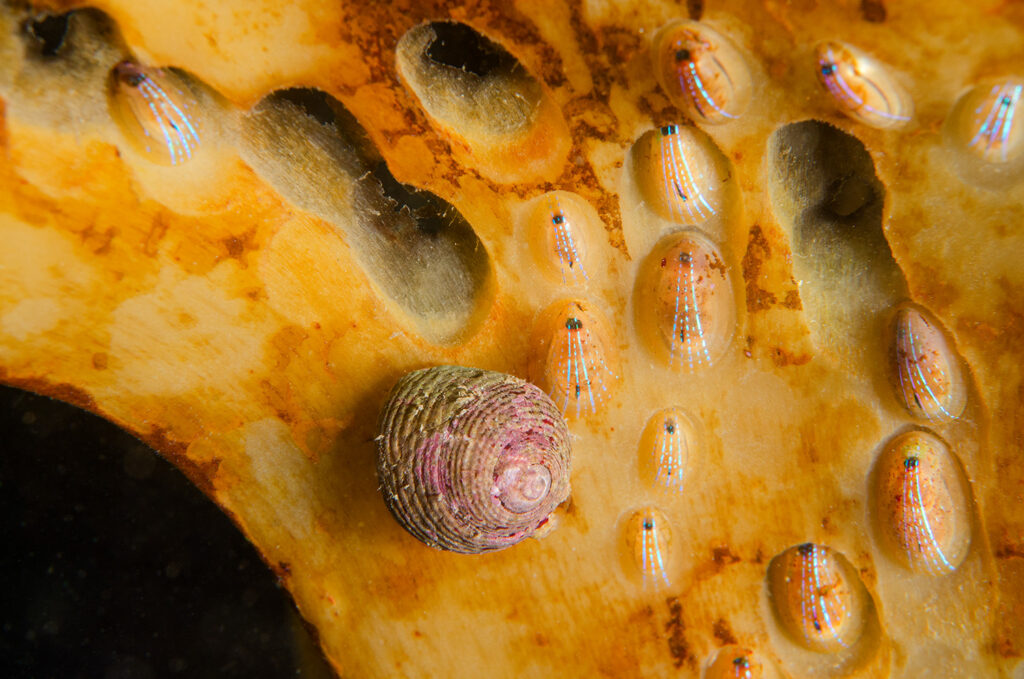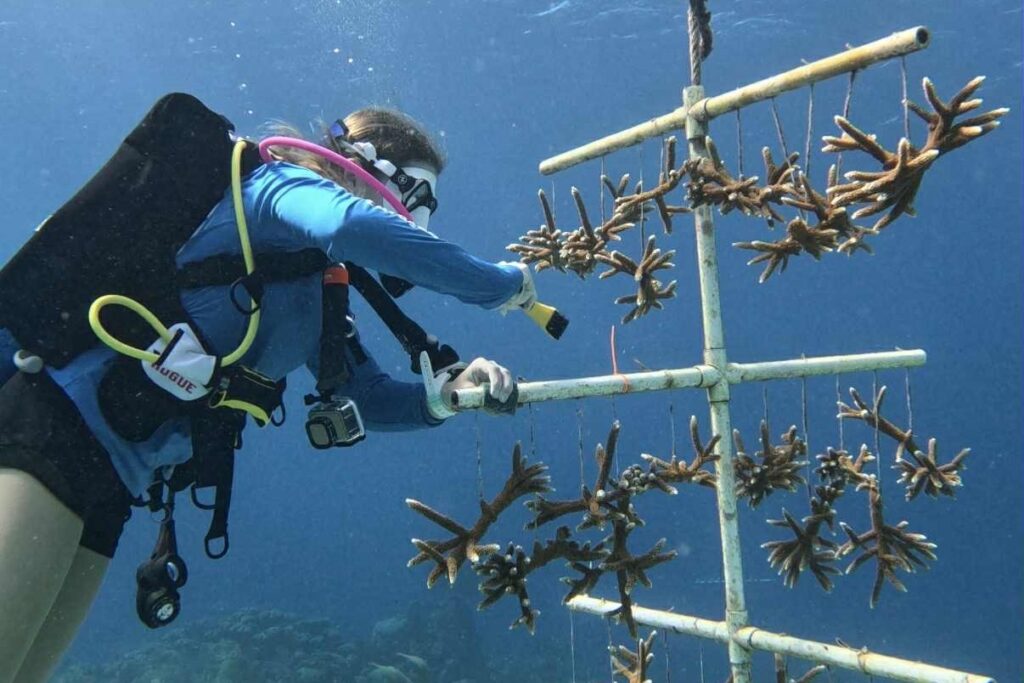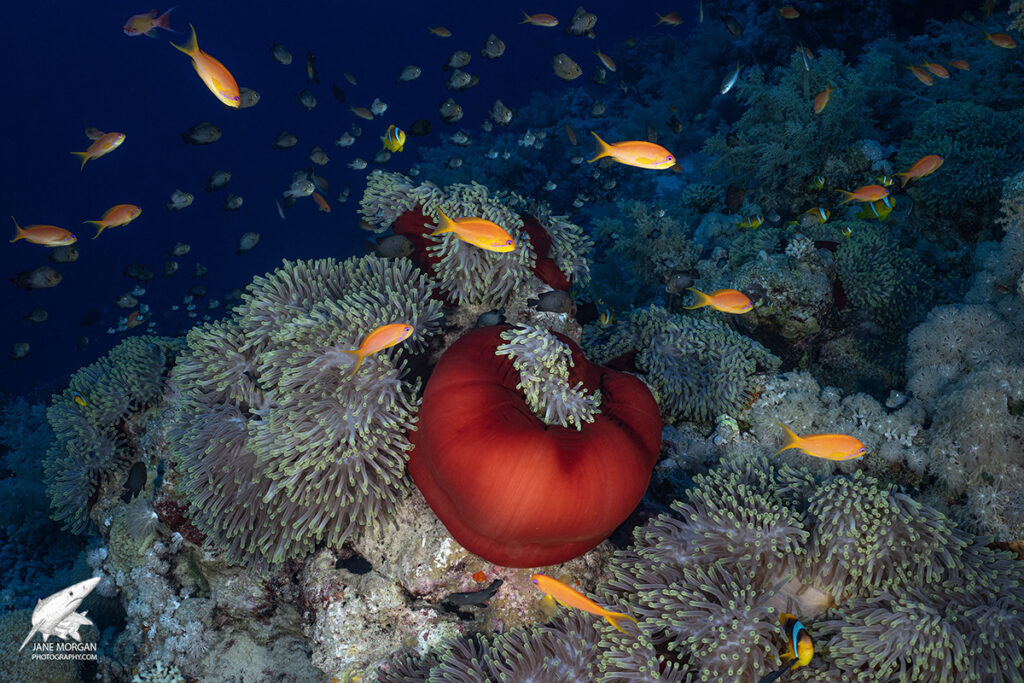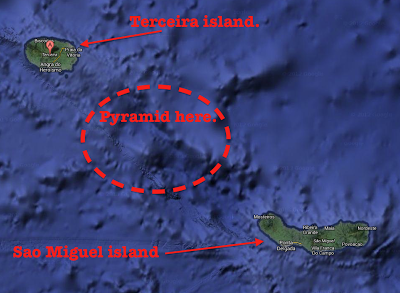Of grazers, browsers, scrapers and a miracle plant called Vetiver
Guest article by Greet Meulepas who lives in Mauritius…
About 25% of reef fishes are herbivores, grazing on algae that would otherwise smother the corals.
In ‘Reef Fish Behavior’, a wonderful book written by Ned Deloach and Paul Humann, published in1999 the writers state “If left ungrazed, the competitively superior algae would quickly smother existing corals and blanket reef rock, leaving nowhere for coral larvae to settle and establish new colonies.” They also state that due to “continued overfishing and nutrient-rich run-off from coastal development and agriculture algae continue to dominate the reefs in many areas”. These facts were known 22 years ago and still hold today. Yet these days it is easy to blame climate change as the sole culprit for the disappearance of the reefs. Truth is that reefs are even more susceptible to temperature rises because they are already stressed due to overfishing and pollution.
Reef fishes need the reefs for shelter and food, but the reef needs reef fishes in order to survive too. Without the fishes the delicate balance of the reef ecosystem is lost. Certain fish species in particular are crucial for reef survival. Parrotfishes should be “legally protected from fisheries, strictly enforcing fishing restrictions and educating the public on the ecological importance and economic benefits of wild parrotfish”, according to a 2014 IUCN report. Parrotfishes are known as scrapers. Their beaks are powerful tools to scrape fast-growing turf algae from the corals. Doing so they scrape clean and even bite off pieces of coral and in this way provide clean substrate for coral planulae to settle.
Grazers like surgeonfishes are herbivores that keep the growth of turf algae in check by grazing the reef substrate. Grazers limit the growth of macro algae, that would otherwise outcompete the corals for space and light on the reef.
Macro-algae are also known to limit the potential for coral planulae to settle on to the reef. Not only are they prevented to grow by grazers, they are also eaten by browsers should they have survived the grazers.
So without browsers, grazers and scrapers the reef would fast be overtaken by algae as we see happening in many areas surrounding Mauritius and elsewhere in the world.
Luckily, the solution is known. It is two-fold and easy enough to implement.
First of all, like the IUCN suggests, there needs to come a ban on fishing parrotfish and other crucial herbivorous reef fish species. Those who oppose this should think about the fact that without a reef there won’t be any reef fishes anyway. So either act now or pay the terrible price in the near future.
Protection of reef fishes can be done by specific bans to fish certain species or by protecting entire regions by implementing no-take zones and thus protect the entire reef ecosystem of that area.
This solution will not have the desired effect in a timely manner if we do not add to it the second part of the plan: tackle pollution caused by nutrient-rich run-off from coastal development and agriculture. Obviously the logical thing to do is to stop using these polluting chemicals. In addition, Nature offers us a beautiful extra solution, if we only dare to open our eyes to see the beauty in its simplicity: the miracle plant called Vetiver.
This plant, a grass closely related to lemongrass, is so beneficial in many ways that it has been called the miracle plant. Its uses are known for more than 4 decades yet this knowledge has never spread beyond a receptive few.
For if people knew and really saw what Vetiver could mean, all coastal areas all around the world would have surely been planted full with vetiver by now. I can only imagine that the simplicity of the plan turns people sceptic.
Here it is: Vetiver has meters long roots that purify water by trapping and absorbing toxicities, while at the same time the plant stabilises the soil and is thus an excellent weapon against erosion. On top of that Vetiver increases soil fertility and can be used in wetland restoration, agricultural improvement, erosion and sediment control, agrochemical pollution and climate change mitigation. Vetiver has been successfully used to rehabilitate coral reefs in Vanuatu, the Philippines and Guam, will be used to help save the Great Barrier Reef and I am hoping we can add Mauritius to that list in the near future.
So, dear reader, I invite you to submerge yourself in the wonderful world of Vetiver and plant this wonder in your garden, plantation, farm, hotel gardens, surrounding golf courses…. and help the beautiful coral reefs to survive!
Find out more at: www.vetiver.org











